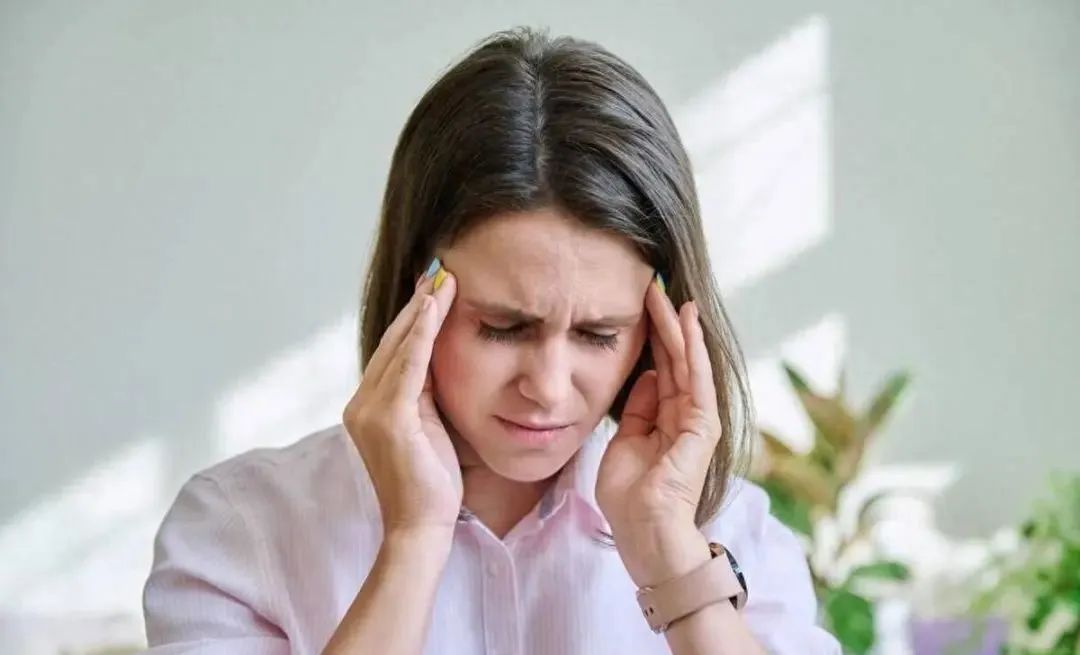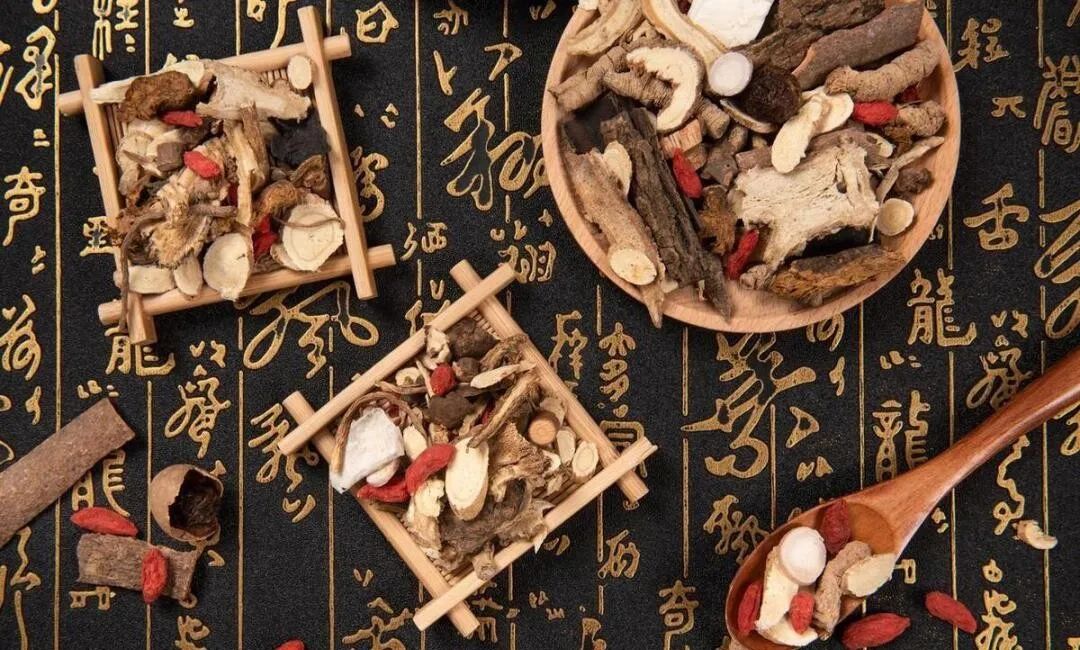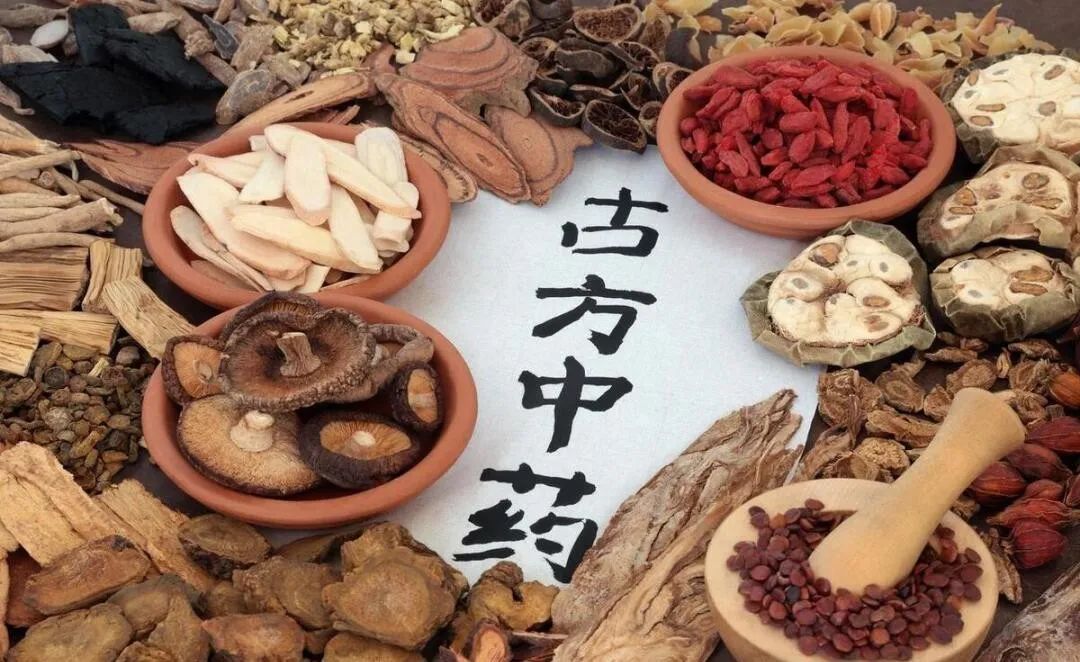Many people experience symptoms such as bloating, pain, and numbness in their bodies, often dismissing them as minor issues. In reality, these are signals of abnormal conditions in the body: Qi stagnation leads to bloating, blood stasis causes pain, and Qi-blood deficiency results in numbness.

First, let’s discuss Qi stagnation leading to bloating. Some individuals often feel emotionally unwell, constantly feeling down and holding in their feelings. Over time, they may notice persistent bloating in their abdomen, as if gas is trapped inside, sometimes radiating to the rib area. They may also experience dryness and bitterness in the mouth, and upon examining the tongue, it may appear asymmetrical or swollen. This condition is often due to Qi stagnation. The body’s Qi mechanism is associated with the liver, which is responsible for smooth flow and regulation. When emotions are suppressed, the liver becomes distressed, leading to stagnation of liver Qi. When Qi is obstructed, it can cause discomfort, chest tightness, and even pain under the ribs. For this condition, one can consider using Chai Hu Shu Gan San (Bupleurum Powder to Spread the Liver) with modifications for treatment. Once the liver Qi is unblocked, the bloating and discomfort will naturally resolve.

Next, we discuss blood stasis causing pain. Traditional Chinese Medicine often states that blood stasis leads to numerous diseases, and where there is stasis, there is pain. Why does pain occur? Because where there is obstruction, there is pain. The obstruction typically occurs in the blood vessels, which can happen for two reasons: either the blood flow slows down, or there is accumulation of waste in the blood, both leading to blood stasis. Individuals with a blood stasis constitution often experience fixed pain, described as sharp, needle-like pain in specific areas, sometimes with a sensitivity to pressure—where pressing on the area increases the pain. This is because the blood is blocked in that area, causing increased pressure that cannot be released, resulting in radiating pain. If pressure alleviates the pain, it is more likely a deficiency condition rather than blood stasis. Common manifestations of blood stasis include migraines, lower abdominal pain, chest and rib pain, and menstrual pain in women. For this, one can consider using Gui Zhi Fu Ling Wan (Cinnamon Twig and Poria Pill) with modifications for treatment.

Finally, we address Qi-blood deficiency leading to numbness. Some individuals frequently experience numbness in their hands and feet, which is not occasional but rather a persistent issue. However, medical examinations often yield no clear diagnosis. In Traditional Chinese Medicine, this condition is typically attributed to Qi-blood deficiency. Why does Qi-blood deficiency cause numbness in the extremities? Because the hands and feet, being at the body’s periphery, do not receive adequate nourishment from Qi and blood when there is a deficiency. This can lead to tightness and shortening of the muscles and tendons, resulting in a numb sensation. In fact, this type of numbness is not limited to the hands and feet; conditions such as stroke, diabetes, and cervical spondylosis can also present with numbness, often due to Qi-blood deficiency. For this, one can consider using Huang Qi Gui Zhi Wu Wu Tang (Astragalus and Cinnamon Five Ingredient Decoction) with modifications for treatment.

This information is for reference only and should not be used as a basis for diagnosis or treatment. If you experience discomfort, please seek medical attention at a local hospital promptly.

